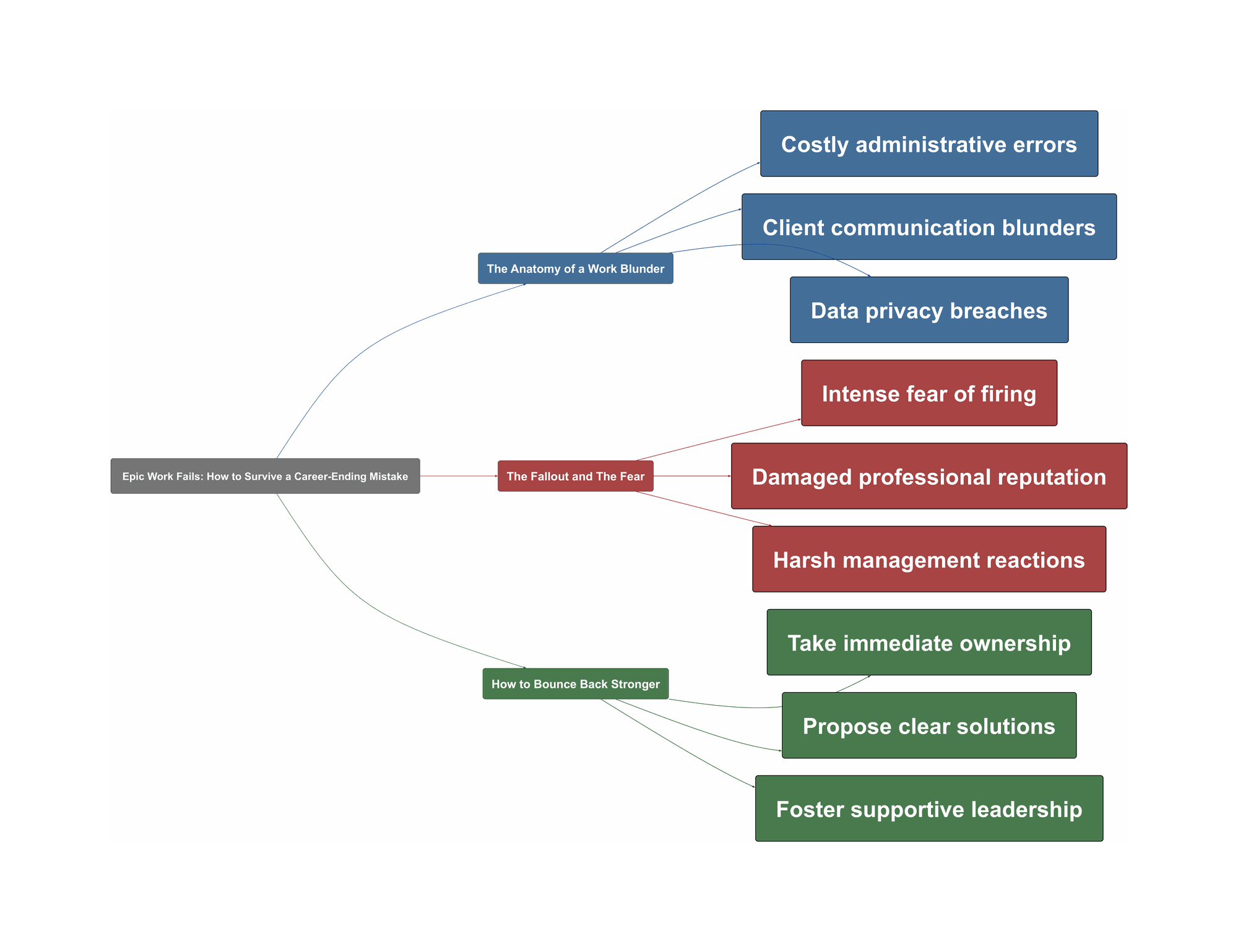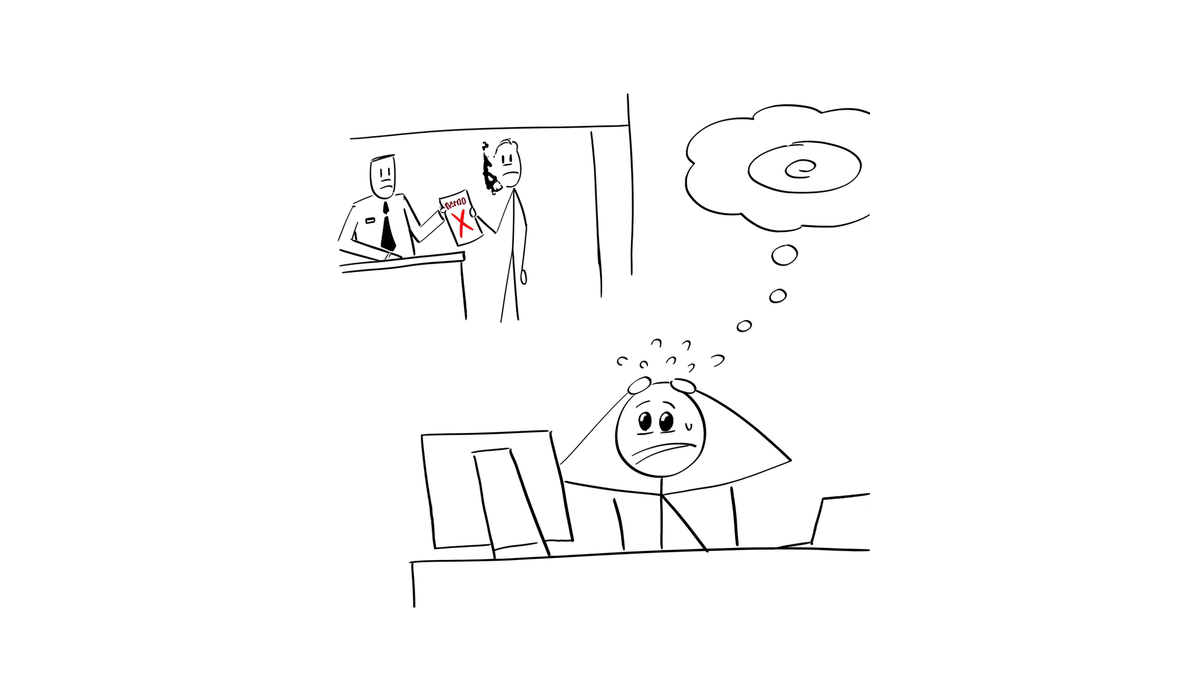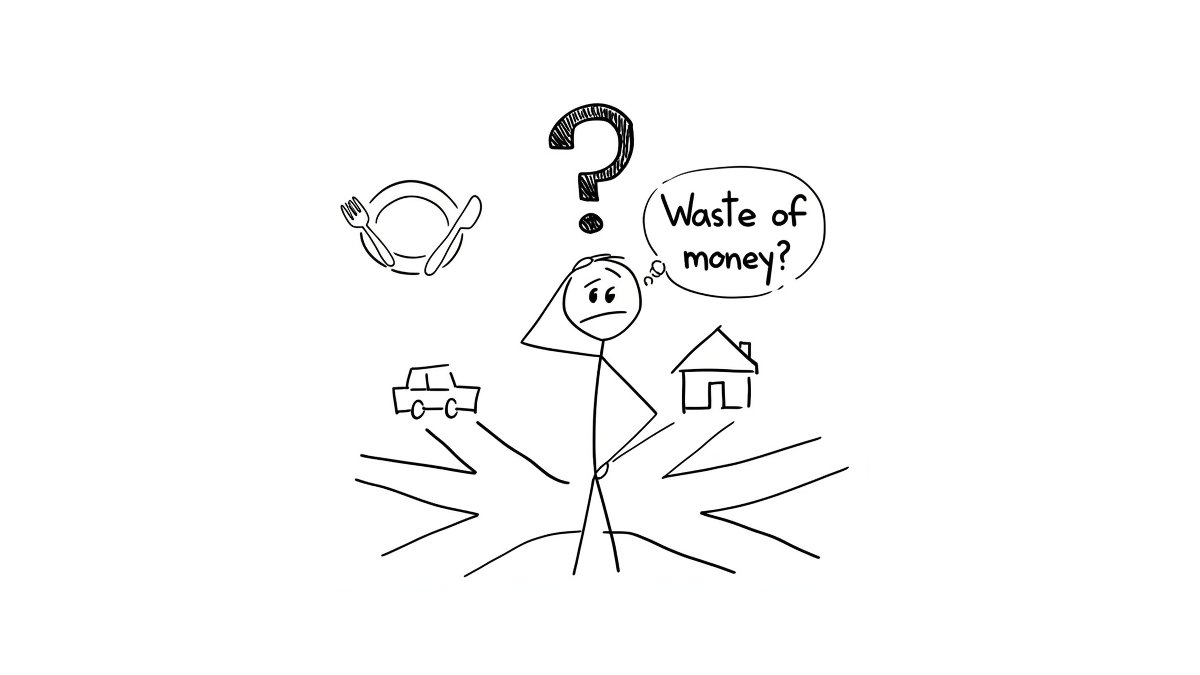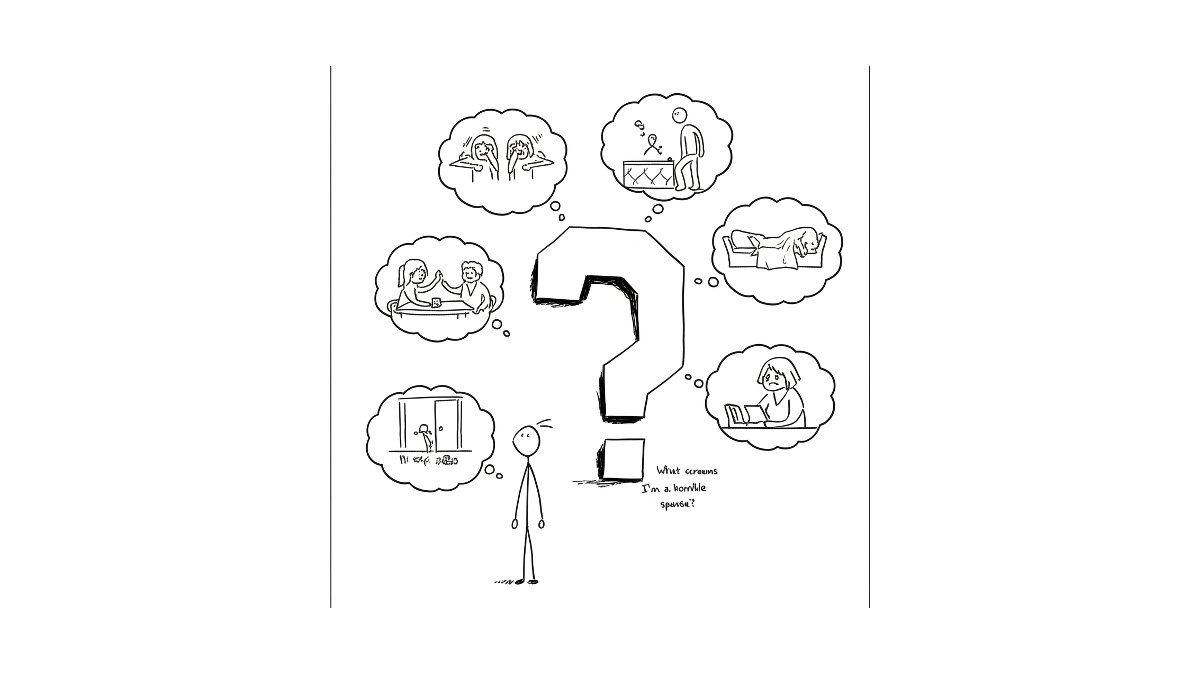Have you ever felt that stomach-dropping panic after a major work mistake? You hit send on the wrong email or miss a critical deadline. Suddenly, you are convinced your career is over. It turns out this feeling is incredibly common, and learning how to navigate these moments can define your professional journey.
The Anatomy of a Work Blunder
First, understand that career-defining mistakes happen to everyone. They range from simple administrative errors to major compliance failures. Reddit users shared countless stories of honest mistakes with huge consequences. For example, one HR professional forgot to renew a foreign employee’s work pass, a simple oversight that caused a crisis at immigration.
I forgot to renew one of my employee’s Employment Pass. He called me when he was at immigration as the officer told him that his EP has expired the day before. I felt my life went down the drain at that point.
Furthermore, another user recounted booking a training workshop for the wrong month. This small error cost their company $2,000 in non-refundable fees. These stories show how easily a small slip-up can spiral into a significant problem, proving no one is immune to human error.
The Fallout and The Fear
Consequently, the aftermath of a major mistake is often filled with anxiety and professional consequences. You might face angry clients, frustrated managers, and formal complaints. One auditor accidentally left a confidential payroll file at another client’s office, leading to a serious situation.
Client HR director was very angry and lodge a formal complaint. Not sure what happens in the end but that guy was withdrawn from the audit team.
In contrast, the response from management can vary dramatically. One person who mixed up doctors’ names in an email received a harsh penalty. This mistake led to a formal warning and a zero-increment performance review. The fear of these outcomes often becomes the biggest challenge to overcome.
My assistant director gave me a verbal warning and I got an Unsatisfactory grade and 0 increment that year.
How to Bounce Back Stronger
However, a mistake does not have to end your career. The key is how you respond to it. The first step is to take immediate ownership. Instead of hiding the error, you should communicate it clearly to your manager and start working on a solution. This proactive approach can make all the difference.
Moreover, a supportive work culture plays a crucial role in recovery. One user shared a story about a costly booking error where their senior manager took the blame to protect them. This act of kindness turned a potential disaster into a powerful learning experience.
She just told me it was an honest mistake and she should have checked on her end too… I was very blessed to have a such a kind senior at my first job because things could have turned out so differently.
Ultimately, bouncing back involves learning from the failure. Analyze what went wrong and create systems to prevent it from happening again. By facing the issue head-on, you can demonstrate resilience, build trust, and turn your biggest blunder into a valuable lesson.




